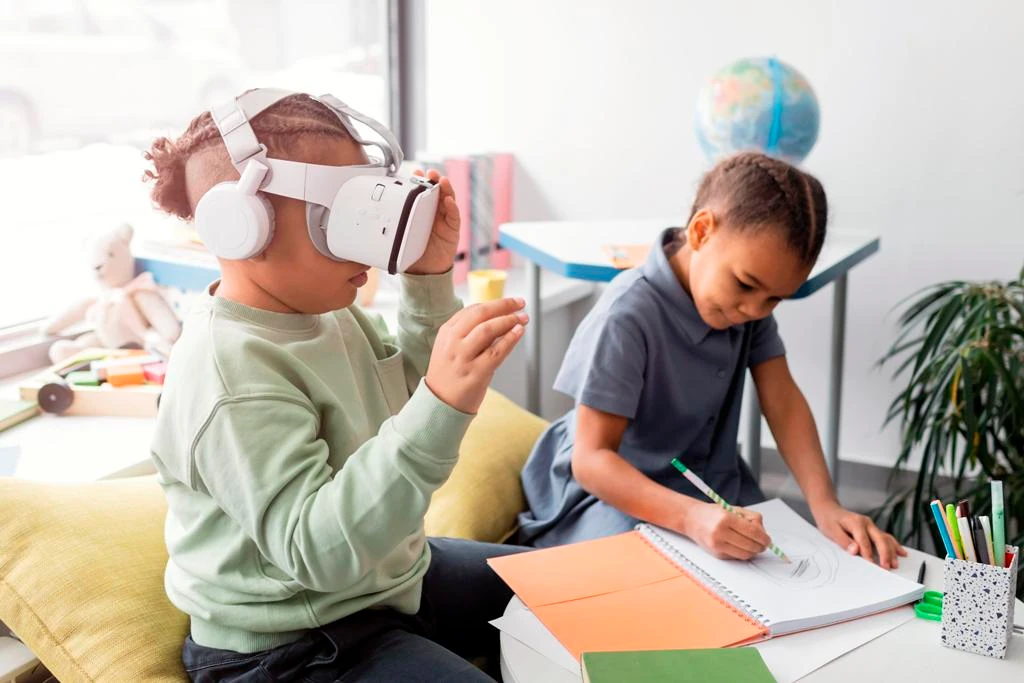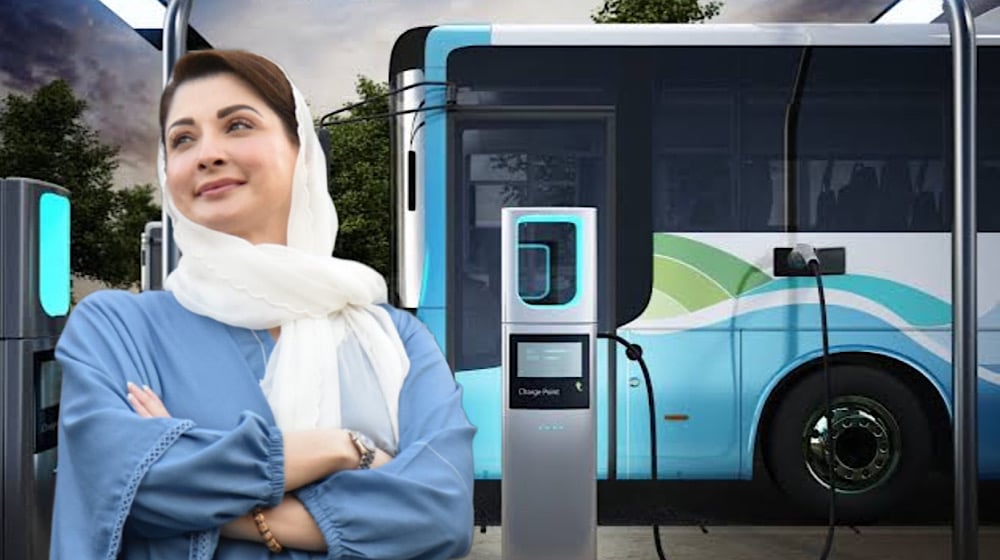“Shaping Tomorrow’s Education: Exploring Innovations and Trends to Watch”

The future of education is likely to be advancements in technology, changes in pedagogical approaches, and evolving societal needs. Here are some key innovations and trends to watch:
- Online and Blended Learning: The integration of online platforms and digital resources into education has already gained significant traction. Blended learning, which combines traditional classroom instruction with online components, offers flexibility and personalized learning experiences.
- Data-Driven Insights: Educational institutions are leveraging data analytics to gain insights into student performance, behavior, and needs. This information helps educators make informed decisions about curriculum design, teaching methods, and interventions for struggling students.
- Collaborative Learning and Social Interaction: Online platforms and tools are evolving to facilitate collaboration among students, both within and outside the classroom. Discussion forums, group projects, and social networking can enhance learning by encouraging peer interaction and knowledge sharing.
- Global and Cross-Cultural Education: Technology enables students to connect with peers and experts from around the world, fostering cross-cultural understanding and preparing them for a globalized workforce. Virtual exchanges and international collaborations are becoming more common.
- Skills for the Future: As the job market evolves, there is a growing emphasis on teaching skills such as critical thinking, problem-solving, creativity, and emotional intelligence. These skills are considered essential for success in a rapidly changing economy.
- Alternative Credentialing and Accreditation: Traditional degree programs are facing competition from alternative forms of credentialing, such as bootcamps, online courses, and competency-based assessments. Employers are increasingly valuing practical skills and real-world experience.
- Ethical and Digital Citizenship Education: With the increasing reliance on technology and the internet, there’s a greater need for education around digital citizenship, online privacy, and ethical use of technology.
- Teacher Professional Development: Educators will need to adapt to new technologies and teaching methods. Professional development programs will focus on helping teachers integrate technology effectively, design engaging online content, and implement innovative teaching strategies.
- Artificial Intelligence in Education: AI-powered tools can assist in tasks like grading, generating personalized learning paths, and even providing basic tutoring. However, ethical considerations and the need for human oversight remain important.
- Personalized Learning: With the help of artificial intelligence (AI) and machine learning, education can become more tailored to individual students’ needs and learning styles. Adaptive learning platforms can analyze students’ progress and adjust the curriculum and pace accordingly.
- Virtual and Augmented Reality: These technologies can create immersive learning experiences, allowing students to explore historical events, scientific concepts, and complex subjects in interactive virtual environments.
- Gamification and Immersive Learning: Gamification techniques, such as incorporating game elements into educational content, can increase student engagement and motivation. Additionally, virtual reality (VR) and augmented reality (AR) technologies are being used to create immersive learning environments that enhance understanding of complex subjects.
- Global Collaboration: Online platforms and tools enable students and educators from around the world to collaborate on projects, share ideas, and gain cross-cultural perspectives, fostering a more globalized approach to education.
- Skills-Based Education: As the job market evolves, there is a growing emphasis on teaching practical skills, critical thinking, problem-solving, and creativity, in addition to traditional academic knowledge.
- Lifelong Learning: With rapid technological advancements, the need for continuous learning throughout one’s life is becoming more evident. Education will likely extend beyond formal schooling to include various forms of upskilling and reskilling.
- Data-Driven Insights: Educators can leverage data analytics to monitor students’ progress and identify areas where they might need extra support. This can help tailor instruction to individual needs and improve overall learning outcomes.
- Ethical and Digital Citizenship Education: As technology becomes more integrated into our lives, education may include a stronger focus on teaching digital ethics, online safety, and responsible use of technology.
- Shift in Classroom Dynamics: The role of teachers might evolve from being information deliverers to facilitators and mentors, guiding students through personalized learning journeys and fostering critical thinking skills.
- Micro credentials and Alternative Credentials: Traditional degrees might be complemented by micro credentials, certificates, and alternative forms of credentialing that allow individuals to demonstrate specific skills or knowledge in a more targeted manner.
- Focus on Well-being: As awareness of mental health and well-being grows, education could incorporate strategies to support students’ emotional and psychological needs.









